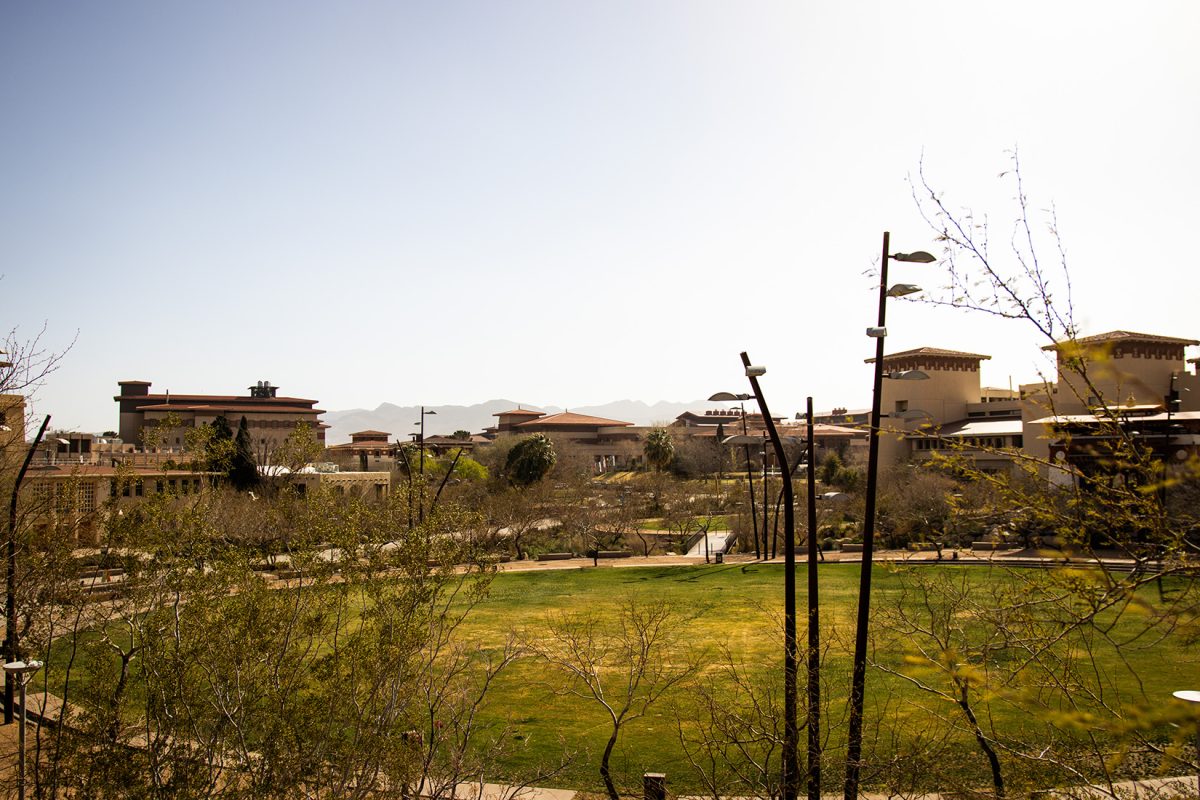Officials may still be able to reach financial goals for UTEP despite the University of Texas System Board of Regents denying proposals for tuition increases at almost every UT campus.
The Board of Regents unanimously approved a plan in August that will assist all nine academic campuses, without having to raise tuition as previously proposed. Chancellor Francisco Cigarroa and Executive Vice Chancellor for Business Affairs Scott Kelley were appointed to design a plan that would create the support for all campuses that the tuition increase would have provided.
Karen Adler, associate director of public affairs with the UT System, said that the plan is to take money from a recurring fund instead of raising students’ yearly financial burden.
Had the tuition increase been approved, it would have resulted in $18 million in revenue for the UT System. Instead $28.2 million in recurring funding will be drafted from the Available University Fund to the University of Texas at Austin, which will in turn cover the system-wide insurance programs, digital library services and information technology for all remaining eight UT System campuses.
Eventually, this will yield $31 million for all institutions, $13 million of which will provide recurring support.
At UTEP, students have not seen a tuition increase since 2012. That is relatively unique compared to other states’ higher education systems. The UT System has been able to maintain tuition at a steady rate for the last few years while still improving facilities and hiring qualified professors.
Officials have been able to do so mainly because of the Permanent University Fund, which was established in 1876 in the Texas Constitution. Billions of dollars are provided to the fund through oil and gas royalties and other generated income from the development of the state.
Gary Edens, vice president of Student Affairs at UTEP, said that this makes UTEP a preferable choice for students.
“This means that students will not see any increase in tuition or mandatory fees for this academic year, including the current fall semester. As it is known, UTEP already has the lowest net tuition price of any research-level university in the United States,” he said. “We are very cognizant of the cost of higher education and do our very best to serve the students in the El Paso region with the highest quality of education.”
Edens also said that he has received no word on future tuition increase proposals and doesn’t usually find out what the process will look like for the following year until October.
“With a number of changes at the UT System, including a new chancellor (Cigarroa announced his resignation in February 2014) coming on board later this year, we are probably in a wait-and-see mode for the next several months,” he said.
Oscar Leyva, senior American literature major, said that although the tuition increase wasn’t approved, payment for school is still too high.
“The continuing raise of tuition is becoming unbearable. Since becoming a UTEP student I have paid a large amount out of pocket and to hear the news of another possible increase in tuition is overwhelming,” he said. “The stress that I will have once I am out of school will not only be to get my career started, but to pay off the loans I needed to accomplish my goal.”
Leyva said that today’s tuitions rate is manageable, but he finds that loans and financial aid are not enough.
“The difficulty of it all is that there may come a point where I will have to choose between my education and work,” he said. “I will ultimately choose school, but with tuition in the back of my mind it won’t be easy for me to stay focused on what is most important, my education.”
Jose Soto may be reached at theprospectordaily.news@gmail.com.









